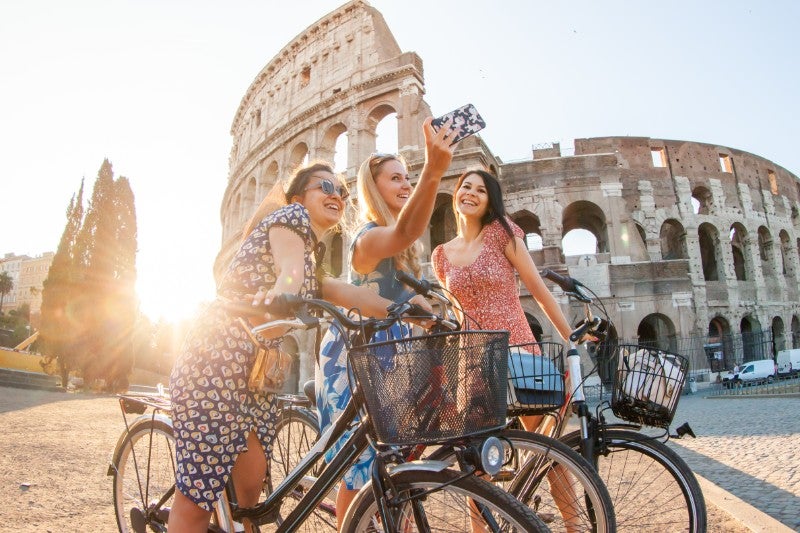Many travel companies have cut their entire marketing spend during Covid-19, which is detrimental in the long run.
A recent survey from MMGY Travel Intelligence and Destinations found that 80% of destination organisations surveyed in North America have postponed sales and marketing efforts. Airbnb recently announced a pause on all marketing, saving $800m this year. Ryanair chief Michael O’Leary also stated that travel offers and ‘seat sales’ during the crisis are ‘irresponsible’.
With the effects upon the travel industry likely to be worse than the effects of 9/11 and the 2008 recession combined, the industry needs to be prepared not only for current disruption, but also for the aftermath. With many factors of uncertainty around the pandemic, including the scale of impact and length, there is no doubt that the travel industry will be hit hard. Travel companies and destination market organisations (DMOs) need to have comprehensive plans to mitigate the impact.
It could be very easy to cut all marketing costs while travel is not permitted, as the initial thought would be that it’s not needed whilst ‘lying low’. Nepal Tourism Board has officially ended its Visit Nepal 2020 campaign, which aimed to target two million foreign visitors, double the amount in 2019.
Countries that have been the hardest hit by the pandemic, such as Italy and Spain will have to increase efforts to drive tourism again to these popular destinations. Their reputation as a safe destination may diminish, so DMOs need to increase effort in these tourism-dependent economies.
Some DMOs have made viable efforts to maintain awareness of the destination during the pandemic. Visit Britain, Discover Puerto Rico and Visit Philly (Philadelphia, United States), are just a few examples of destinations offering virtual tours of the destination during the Covid-19 crisis. Offering an experience which can be enjoyed whilst adhering to government travel restrictions is a fantastic idea, and is making the most of the current situation.

US Tariffs are shifting - will you react or anticipate?
Don’t let policy changes catch you off guard. Stay proactive with real-time data and expert analysis.
By GlobalDataAs many source markets across the world are placed on countrywide lockdowns, with hospitality and retail venues closed, frequent travellers are currently at home, looking forward to travel again once the restrictions have been lifted. Evidence shows that travellers are still searching, and booking holidays for later on in the year, highlighting the need for marketing not to pause. Those who do not pause marketing spend will be well positioned to exploit the pent up demand.
There needs to be a travel industry to return to. Cutting marketing spend completely will have a long-term detriment to their operations. If marketing spend was halved, then the impact on awareness would be much less even though costs would be saved. However, its ability to do so depends upon the travel companies’ brand and market recognition. Reprioritising marketing channels at this time and creating a ‘bounce back’ marketing campaign for when the height has passed will aid companies and destinations in the long run when travellers are willing to travel again.






